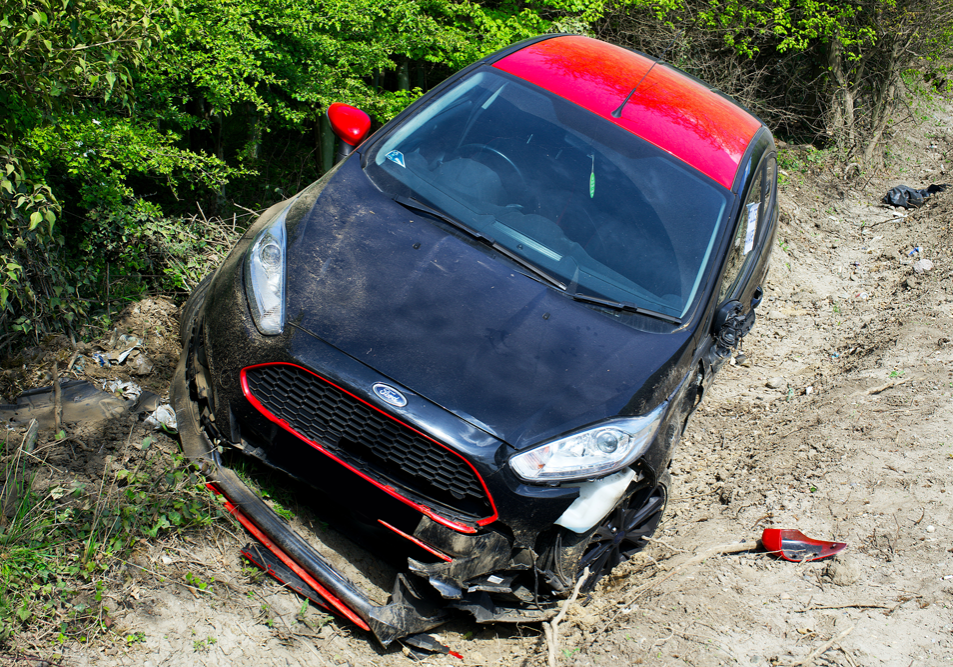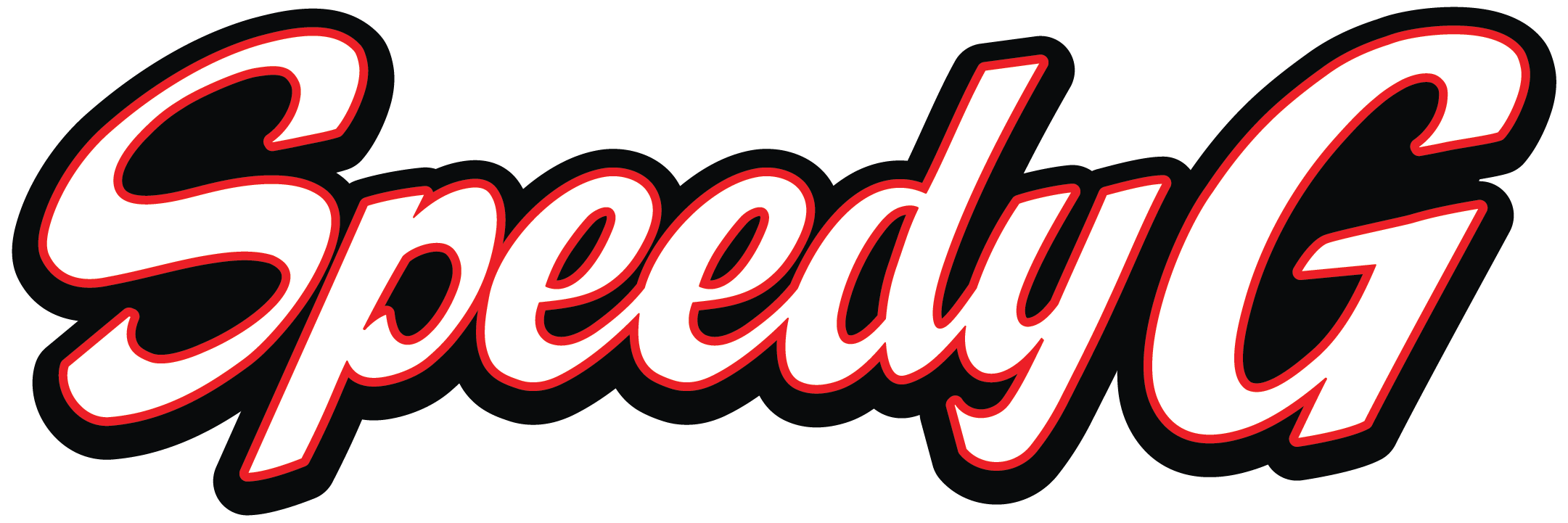
Who Should I Call First?
If your vehicle is no longer safe to drive after a collision, it may require towing to a repair shop. But before you have your vehicle towed, you should know your rights and know what to expect from the tow truck driver. The majority of tow truck drivers are honest professionals. You can take a few steps to prevent getting into a difficult situation when having your vehicle towed.
Always do these things before letting anyone tow your car:
- Make sure you contact your car insurance company first, even if it’s after business hours.
Insurance companies can guide you on what actions to take, suggest reasonable towing rates, and guarantee the prompt repair of your car. It may even be possible for them to arrange for one of their preferred repair facilities to pick up your damaged vehicle. If you can’t get in touch with your insurer right away, you can still have your vehicle towed, but keep the rest of the tips on this list in mind. - Ascertain whether your vehicle requires towing. When you’ve been in a collision, your first instinct may be to call a tow truck. But the reality is, you may be able to drive your vehicle away from the scene yourself. If you can answer yes to these questions, it’s likely safe to drive your own vehicle instead of getting a tow:
- Is your vehicle free of fluid leaks?
- Are your headlights and taillights still working properly?
- Are all of your mirrors intact?
- Does steering and braking feel right?
- Is your hood still able to close securely?
- Is it Safe to Drive After an Accident? Here’s How to Know. If you’re unsure about your vehicle’s safety after a collision, it’s important to consider all factors. If the airbags have deployed or there’s visible damage to the wheels, it’s best to have your vehicle towed. Don’t risk your safety or the safety of others on the road. You can also seek assistance from a police officer on the scene to help assess your vehicle’s condition.
- If you have access to a roadside assistance service through an automobile association or your vehicle’s manufacturer, give them a call instead of calling a regular towing service. Note: Some roadside assistance services don’t cover towing after a collision. When making the call, make sure to indicate that you were in a collision. If your policy covers transportation after a collision, the operator must inform you.
- Prepare your vehicle for towing. Before the vehicle is relocated, capture detailed photos of the damage, the collision scene, and the interior of your vehicle. You should also remove all valuables and necessities from your car before you give access to a tow truck driver.
- Ensure that the tow truck that arrives is either the one you contacted or if someone else called it, verify that it is from a trustworthy company.
- Tell the driver exactly where you want to have your vehicle dropped off. You can either have it towed to one of your insurance company’s preferred repair facilities or a repair facility of your choice. You have the right to choose who tows your vehicle and where to drop it off. A reputable tow truck service should not insist on a specific location unless directed by the police.
- Before signing or paying, carefully read the paperwork the tow truck driver provides. The driver must give you an itemized invoice, not a blank contract. Only agree to pay for towing to your chosen location, not for repairs at a specific facility. Ensure the contract clearly states what you’re paying for and where your vehicle will be towed.
- Make sure the quoted cost is reasonable. Your insurer’s claims line should be able to look into reasonable towing rates for you if you’re not sure. Tow truck drivers may have to adhere to standardized rates and a maximum upcharge limit, depending on the location you reside in. You should be able to find your local tow rates online if you can’t get in touch with your insurance company for guidance.
- Be aware that paying in cash is not mandatory. Towing companies legally can’t make you pay in cash in most locations — they have to accept credit cards. If a tow truck driver tries to insist that you pay in cash, it may be a sign that something isn’t right.
Be sure to call us, SpeedyG Towing. We are on call 24/7. 847-844-1400 is a number you need to have on your phone for cases like this.
